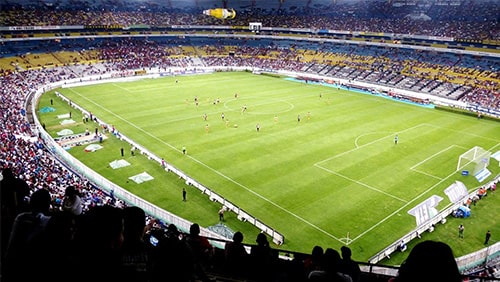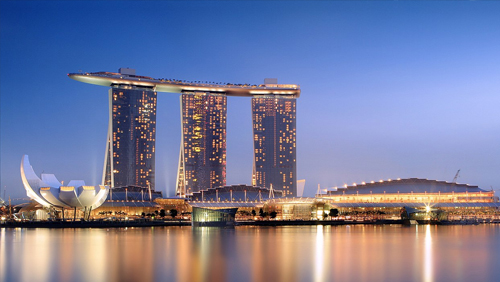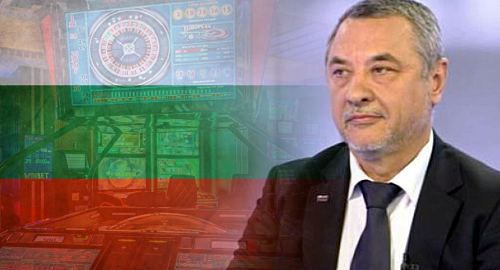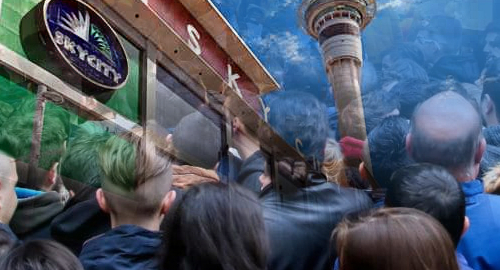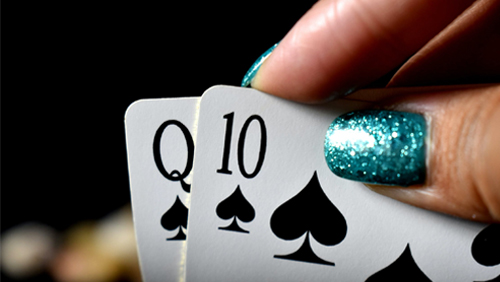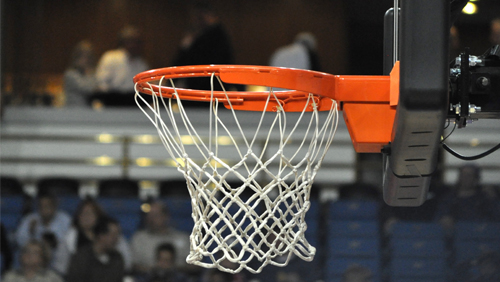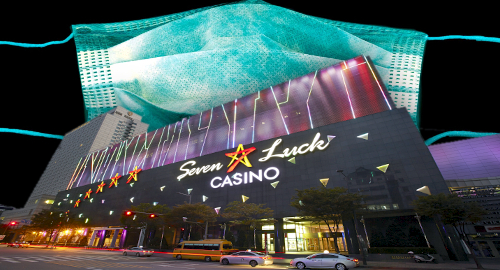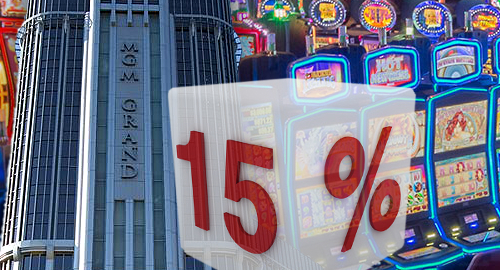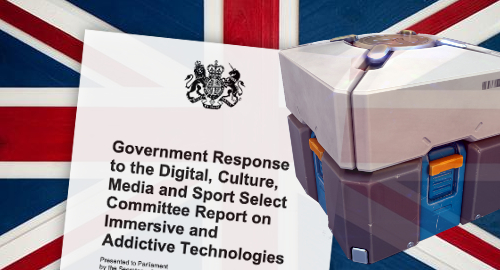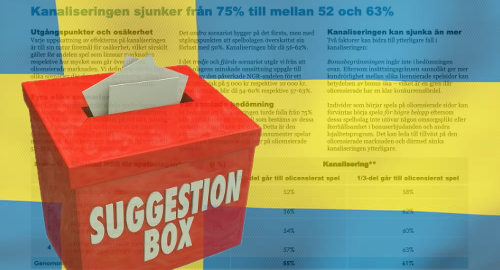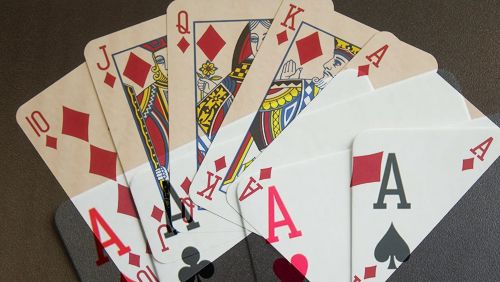In our series on the Premier League winners of the 21st century, we have covered improbable winners such as the 2015/16 Leicester City side, as well as the dominant teams of yesteryear, such as the Manchester United side who won back-to-back-to-back league titles between 2007 and 2009.
After a season in which Antonio Conte’s Chelsea had won the league at a canter, Pep Guardiola reinforced a defence that had endured a period halfway through the previous season where they’d lost four games in just six weeks either side of Christmas. While the preceding season had been difficult, City losing five away games, an unbeaten run at the end of the season hinted at the dominance to come in 2017/18. All in all, Guardiola spent an incredible £255 million on six first-team players.
Kyle Walker arrived for £45m from Tottenham Hotspur, and Benjamin Mendy cost even more, setting The Citizens back £49.3m as he made his way to Manchester from Monaco. Aymeric Laporte arrived from Atletico Madrid for £57m, while Ederson came from Benfica for £34.9m. Danilo made his way from Real Madrid for £26.5m and Bernardo Silva swapped Monaco for The Etihad to the tune of £43 million. It was a massive summer spending spree.
Just four games into the season, Manchester City hosted Liverpool is what would be an important game for The Citizens. Sadio Mane’s senseless red card led to a five-goal rout for the home side:
